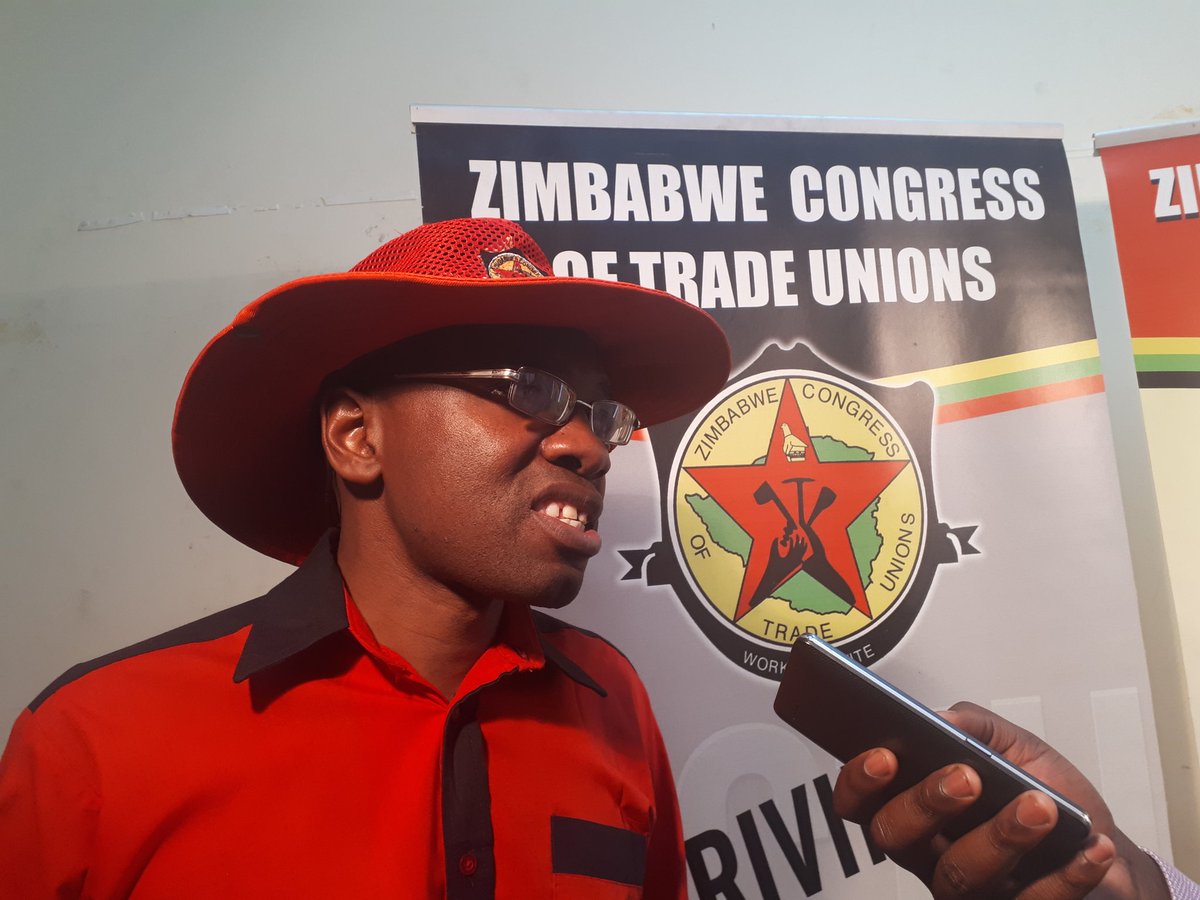by Caitlin Kamba
The past couple of days have seen Zimbabweans been drawn into a sinister panic mode whose footprints are alien to those of genuine market strife and economic strains.
The basic function of fuel as a cost driver has been overtaken by social media frenzy urging consumers to scramble for basic commodities. It is under such circumstances that the Zimbabwe Congress of Trade Unions (ZCTU) is urging Zimbabweans to go into the streets to protest the situation, a situation created by their partners in crime, the MDC Allaiance.
However, the Union’s behaviour makes sense if one thinks about it in terms of its goals, needs and motives. A brief glance into history shows that MDC was hewn from the ZCTU and the Union has been pushing that party’s agendas. It has been rallying workers to MDC, no wonder it is dubbed the labour movement.
Under all these circumstances, it is clear that MDC Alliance leader, Nelson Chamisa, indeed mastered the art of demagoguery, but forgot to take notes on how to camouflage it. On 10 April 2018, Chamisa met ZCTU Secretary General, Japhet Moyo, whom he promised a position in MDC Alliance structures had it won the 30 July 2018 harmonised elections. Chamisa has also been harping on the mantra that elections can be rigged but not the economy, knowing fully well that if politics fail, they will try the courts and eventually assassinate the economy.
With no ballistic rise in fuel prices, to imagine why and who is commanding the economic chaos characterised by exaggerated trading rates between the Bond notes and other currencies only lead to a logical conclusion that economic sabotage is at play. Economic hitmen and political demagogues are certainly on the loose to stir despondency and derive political dividends by whipping up emotions of the unsuspecting citizens.
Fortunately, from what is obtaining, the hit men have nothing more than the social media in their bid to throw Zimbabwe into an economic and political abyss as they attempt to force their way into Government. The MDC Alliance lost the backing of many funders as evidenced by its poor oiling in the run up to the 30 July harmonised elections. Ahead of the polls, if one remembers very well, an attempt was made to render Ecocash transactions as no longer acceptable. The idea did not yield much as the crisis only lasted for three or less days.
Ultimately, all the artificial crises are designed to create the necessary conditions for a Government of National Unity (GNU). Without any form of crisis they would not be any basis for lobbying for the political arrangement similar to that of 2009. After all sundry, it is needless to say, whatever Zimbabwe and Zimbabweans are going through are manmade problems. May God save our nation from politicians toying with the economy to satisfy their personal aspirations?




